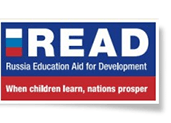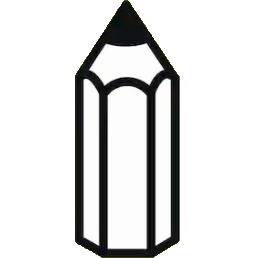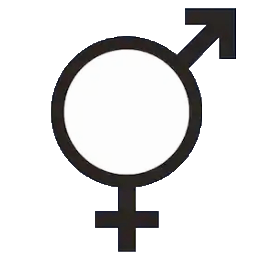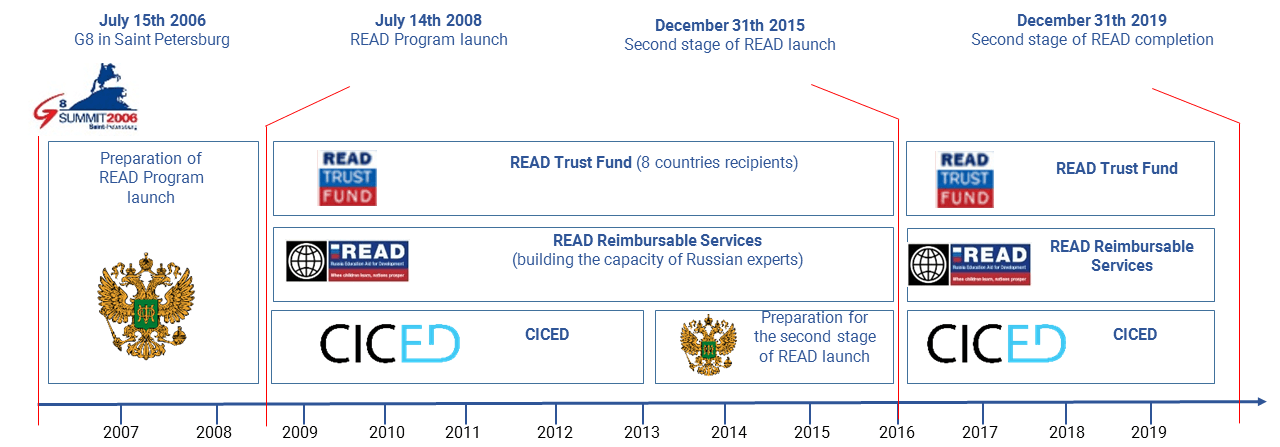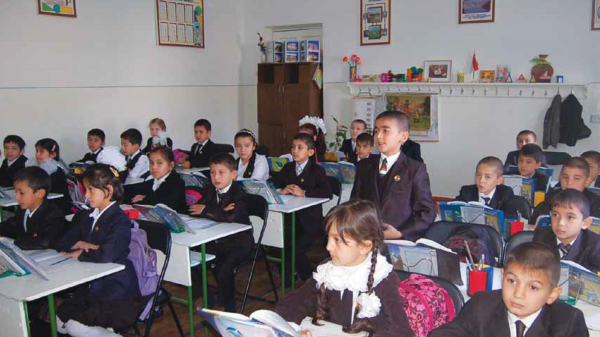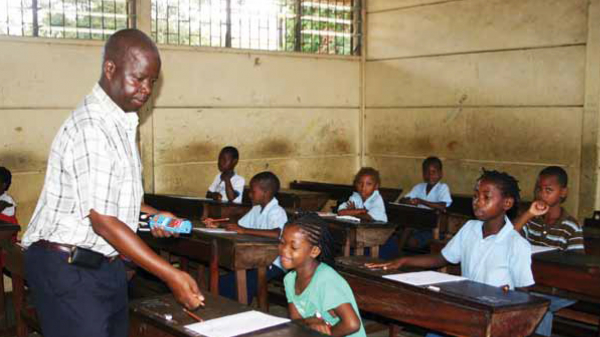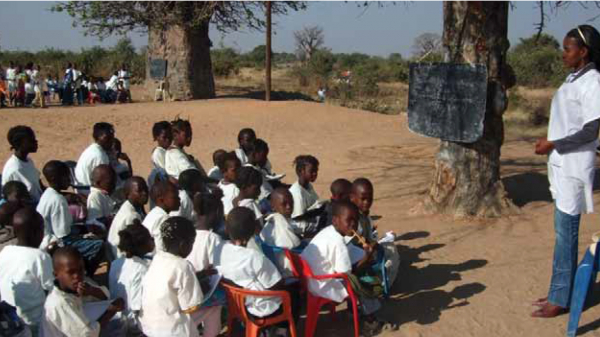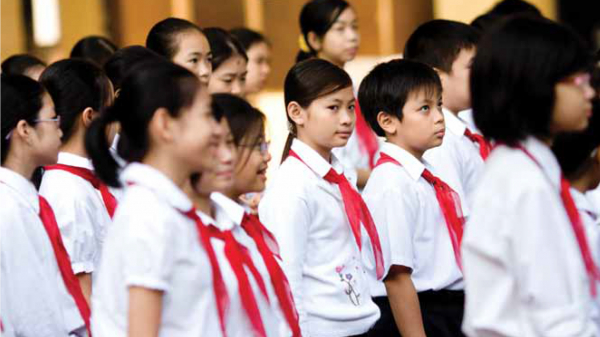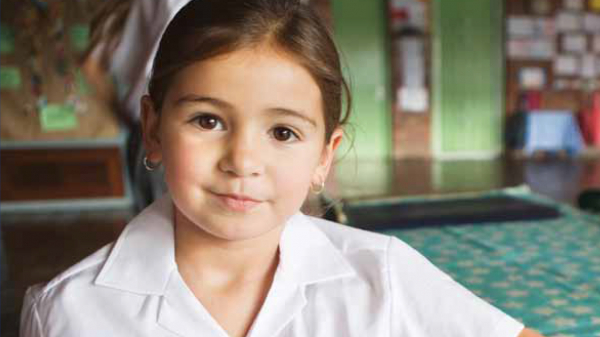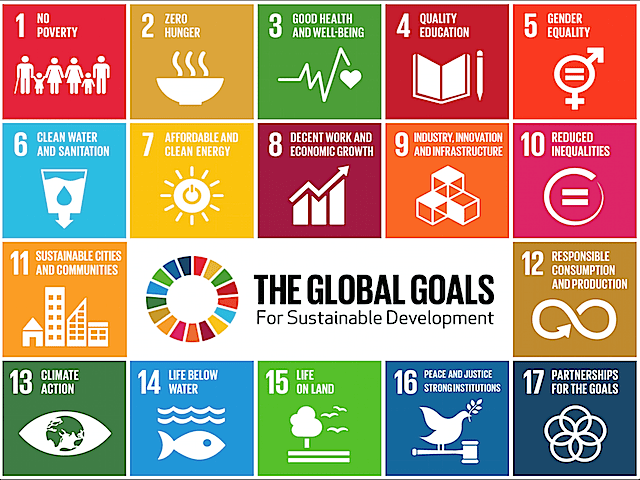Russia Education Aid for Development program (READ) was agreed in 2008 in framework of cooperation between the Government of the Russian Federation and the World Bank to support improvement of basic education in developing countries. READ program was developed following on from the Millennium Development Goals and recently accepted Sustainable Development Goals agenda.
The first chairmanship of the Russian Federation in the G8 in 2006 was the impetus for increasing efforts in the field of international assistance to education development. The Russian Federation advanced important issues of the quality of education, including in developing countries. Two years after the summit the READ Program was launched.
